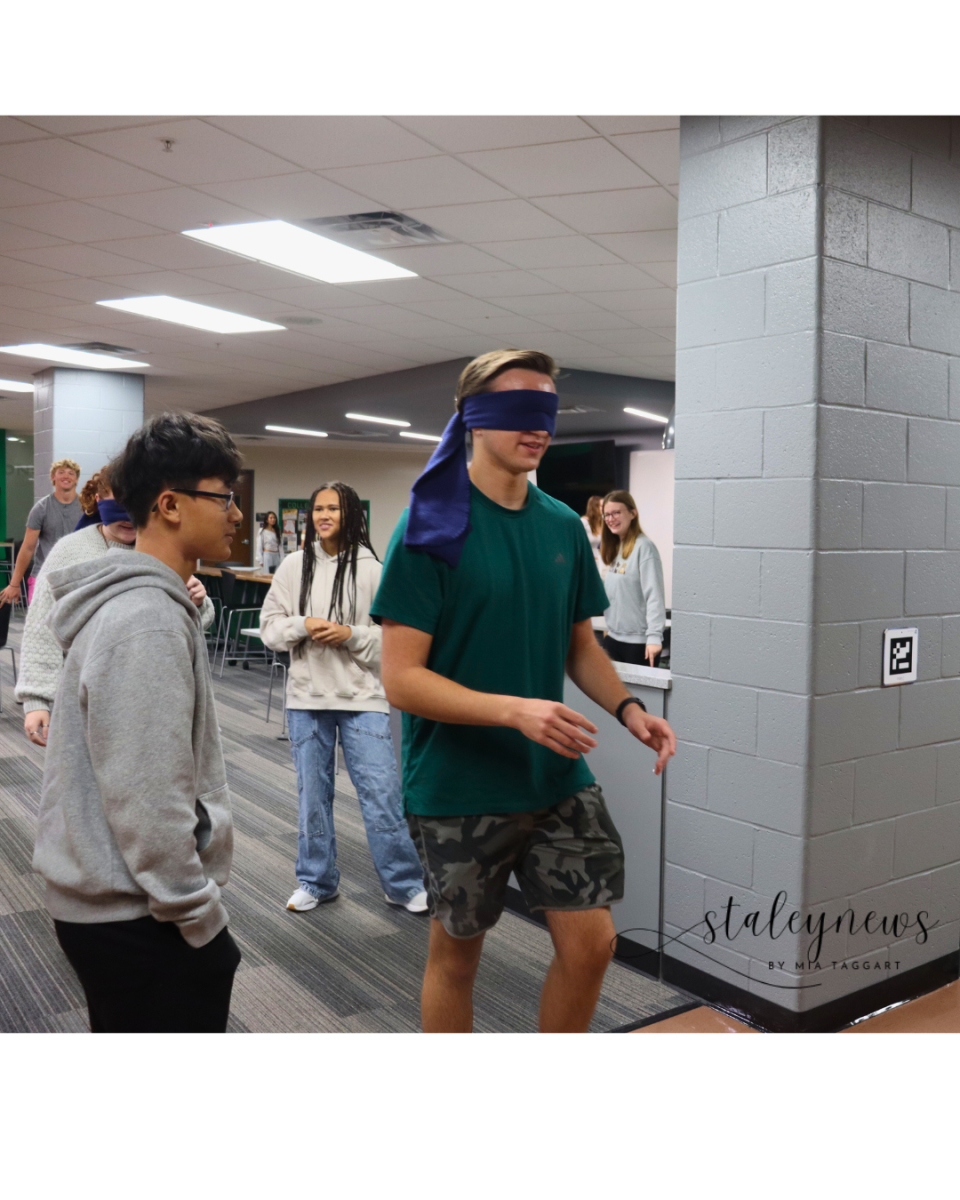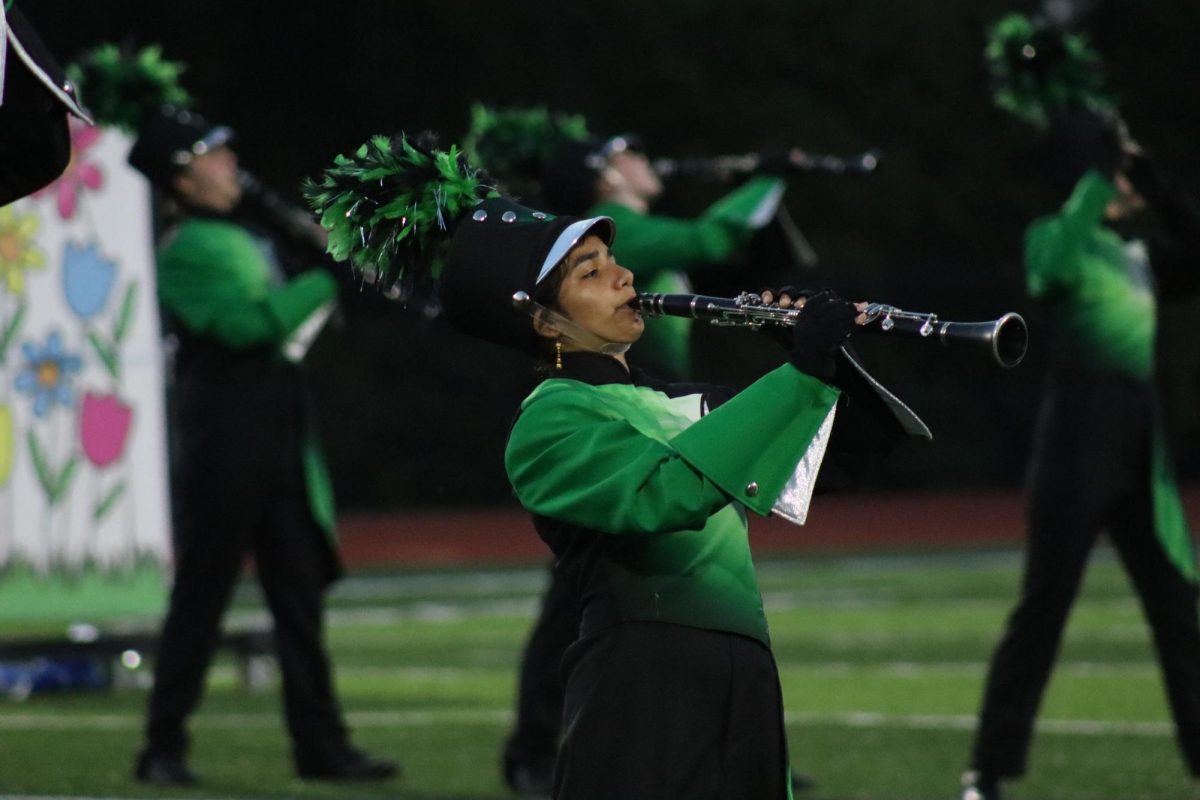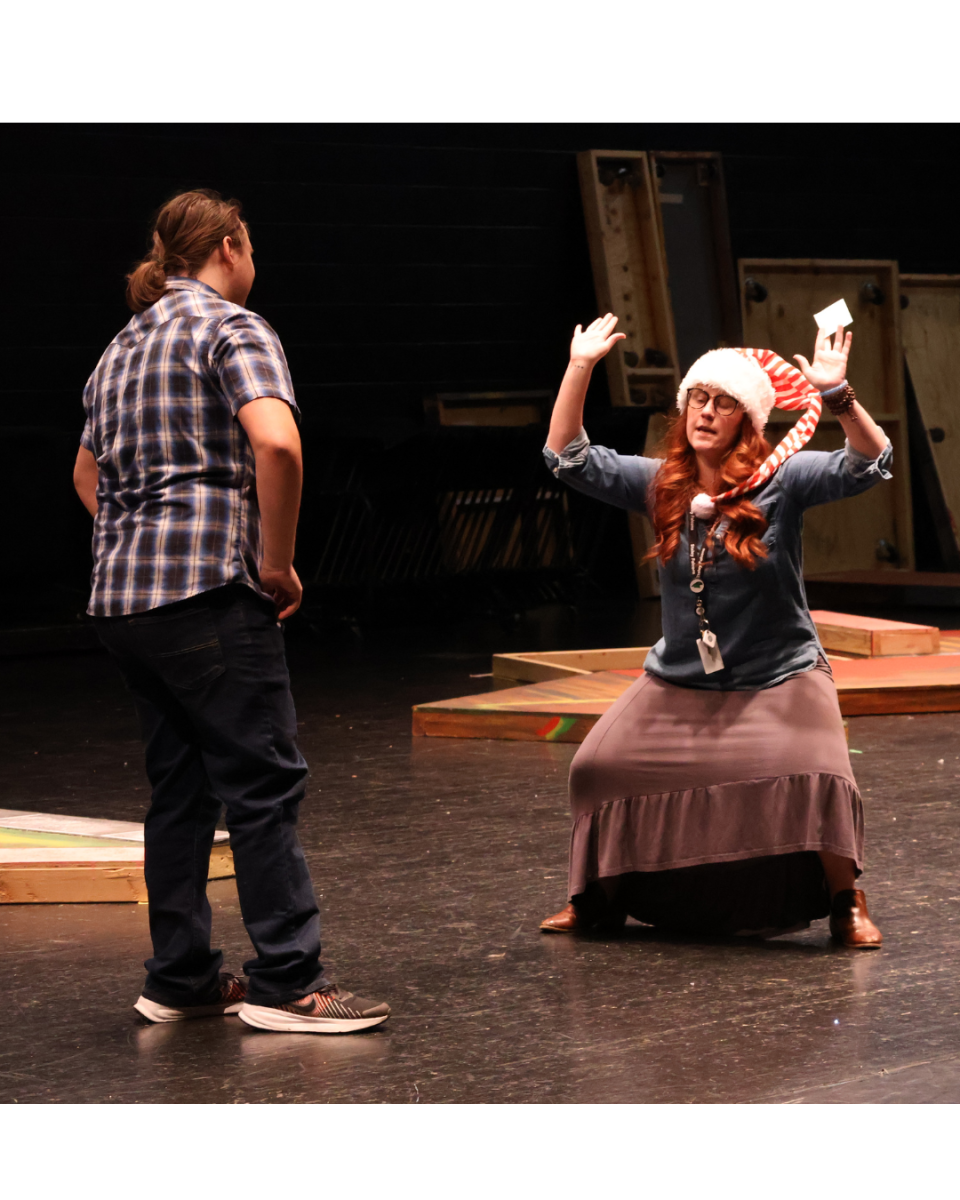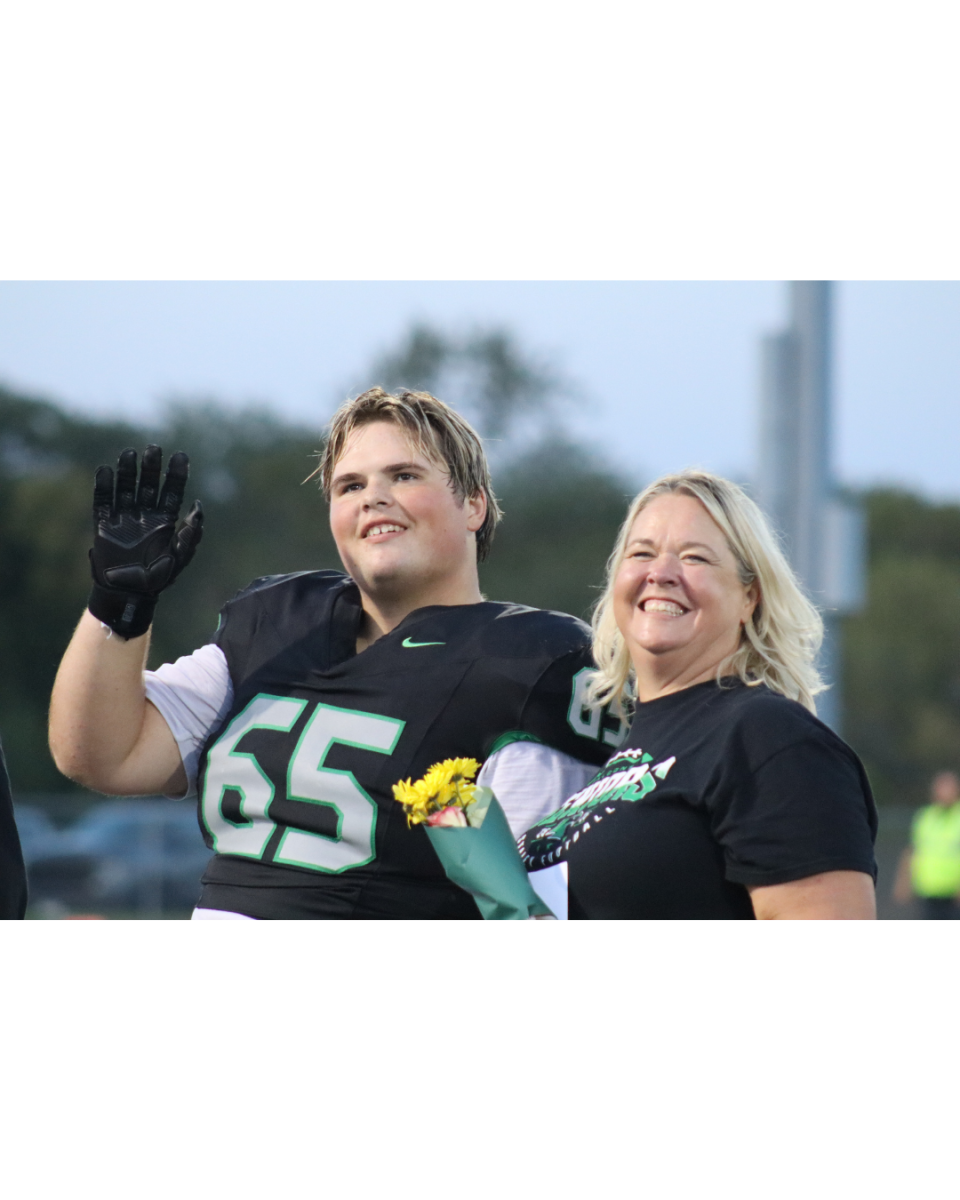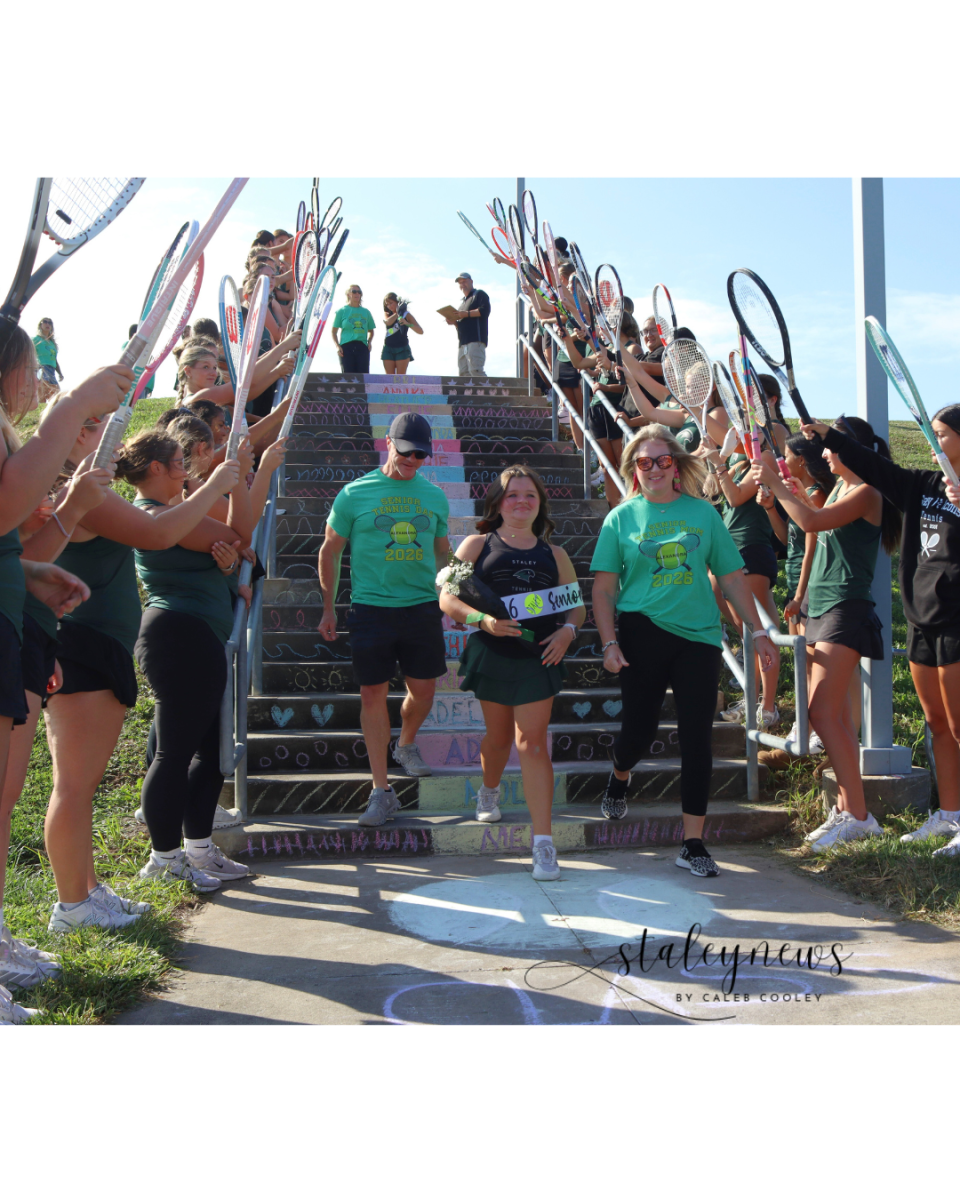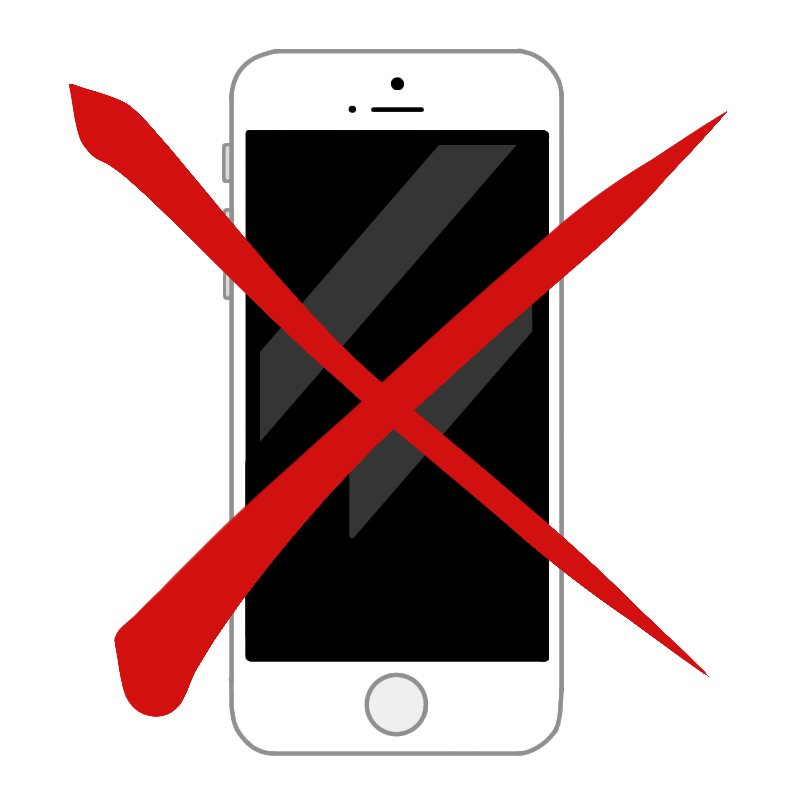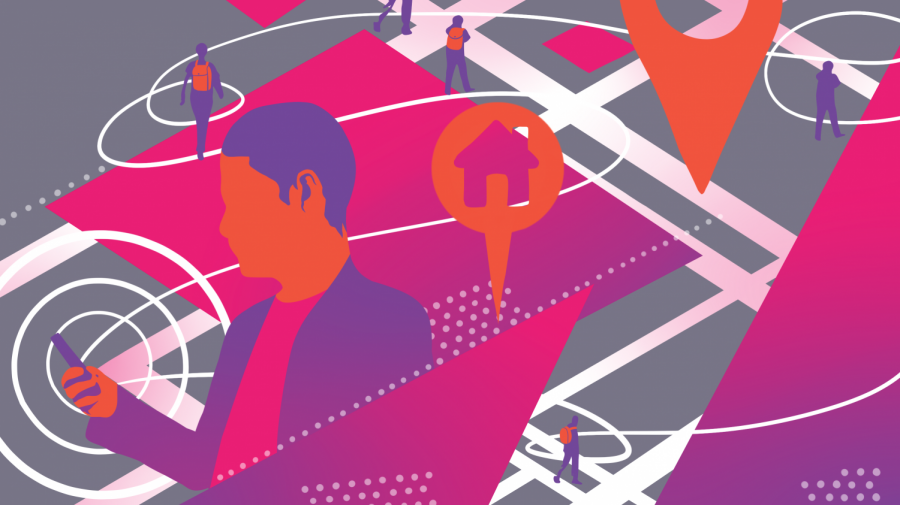Under Surveillance
January 28, 2020
Having your every move being watched may sound threatening and dangerous out of context, but this is just a reality that has been created for today’s teens. With current technology, parents have the ability to track and monitor almost every aspect of a teenager’s life.
“It’s kind of an invasion of privacy, honestly. I feel like I’m constantly being watched even though I’m not doing anything wrong,” said junior Lindsey Rippee.
Life 360 is an app that has become popular among families. The app allows parents to track the exact location of their child and set boundaries to where they can go. On top of that, it reports cellphone battery percentage and unsafe driving habits like speeding and phone usage. The app was made for the purpose of keeping young drivers safe, but it has led to negative reactions from some teenagers who are subjected to it.
“I think it shows that they don’t trust me enough to just have me out there, and they have to track my phone because of that,” said junior Ashton Olson.
There are also parents who use apps like these to reinforce parenting techniques they’ve already instilled in their kids.
“Some of my friends are really annoyed with the app because they normally didn’t have to tell their parents where they were going. They could just get up and leave whenever they wanted to. That’s not really a thing for me and never has been, so it doesn’t really make much of a difference,” said senior Amber Gillani.
Keeping an eye on physical location is one thing, but there are even apps like SaferKid and MMGuardian that allow parents to view text messages, block certain contacts and view search history straight from their phone. Sophomore Clare Simpson had the app for about a year before her parents decided to get rid of it.
“I felt lonely,” said Simpson. “I wasn’t allowed to have specific people on my phone, so they couldn’t talk to me if they wanted to. I couldn’t talk to some friends because my parents disapproved of them.”
Simpson’s parents stopped using the app because they believed she was old enough to take care of her own social life and no longer had to closely monitor what she does.
“There’s a sense of freedom with not having it. I don’t have to worry so much about my parents being like, ‘Why did you say this?’ or ‘Why did they say that?’” said Simpson.
Teacher Noelle Stepp chose to start using Life 360 for her daughter senior Marissa Stepp about three years ago.
“Contrary to popular belief, it’s not because we didn’t trust her. It’s more of a safety issue about being able to know where she is, if there was a problem then we can get to her. It also has crash data, so if she had a car accident it would notify us. It’s really about safety,” said Stepp.
When many parents were younger, one of the only ways they could be tracked was through a phone call to a friend’s house. They had much more freedom to grow up and experience life on their own. Many kids now are more sheltered through this consistent surveillance.
“My mom was definitely a helicopter parent, so I bet she would’ve known right where I was at all times,” said Noelle Stepp.
When approaching adulthood, setting the appropriate amount of boundaries can be a gray area for parents. Using these apps require their own discretion depending on the relationship they have with their children.
“I think that technology in this day and age isn’t always beneficial, kids need to have a little bit of freedom. On the flip side, it’s a scary world out there. I want to know where my kids are and make sure they’re safe,” said Noelle Stepp.

